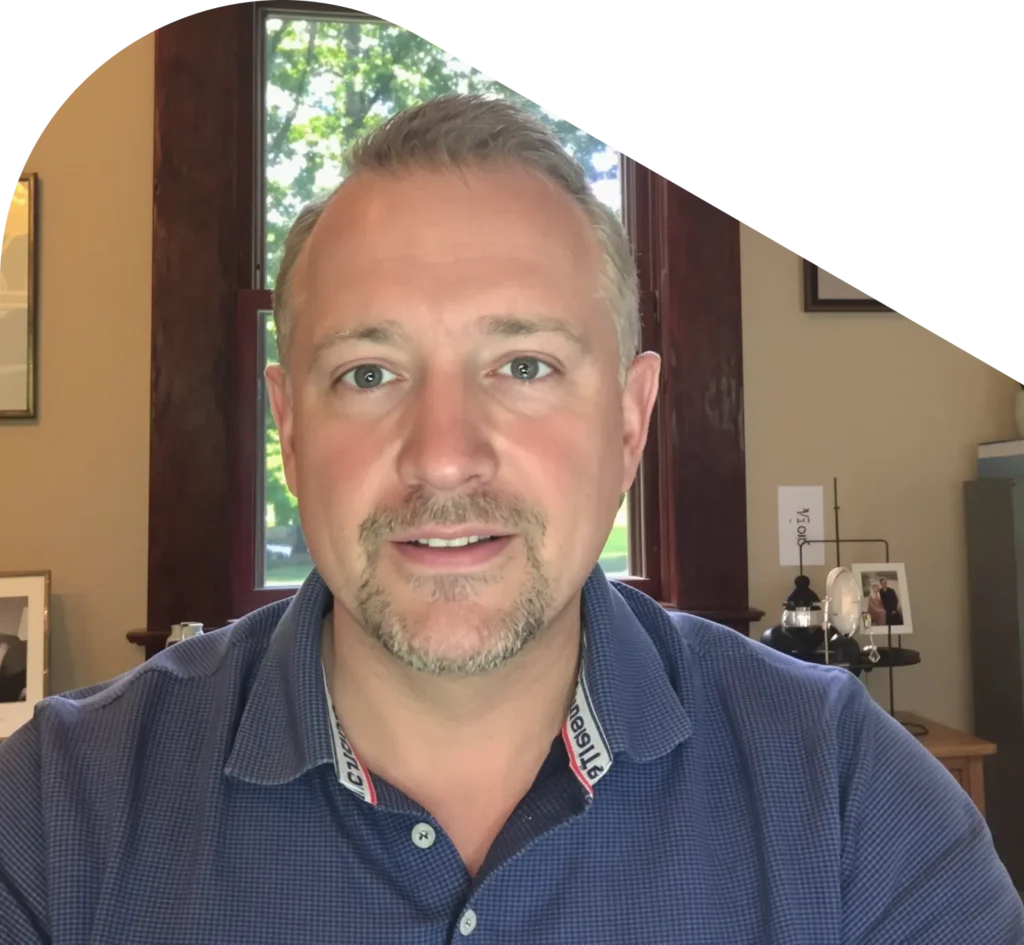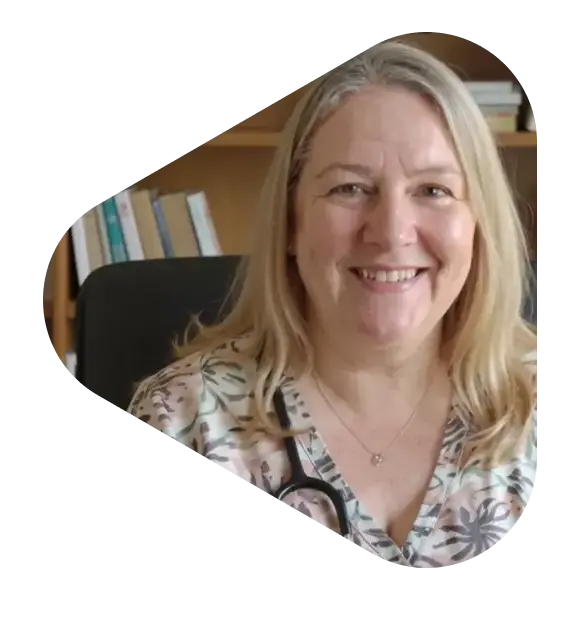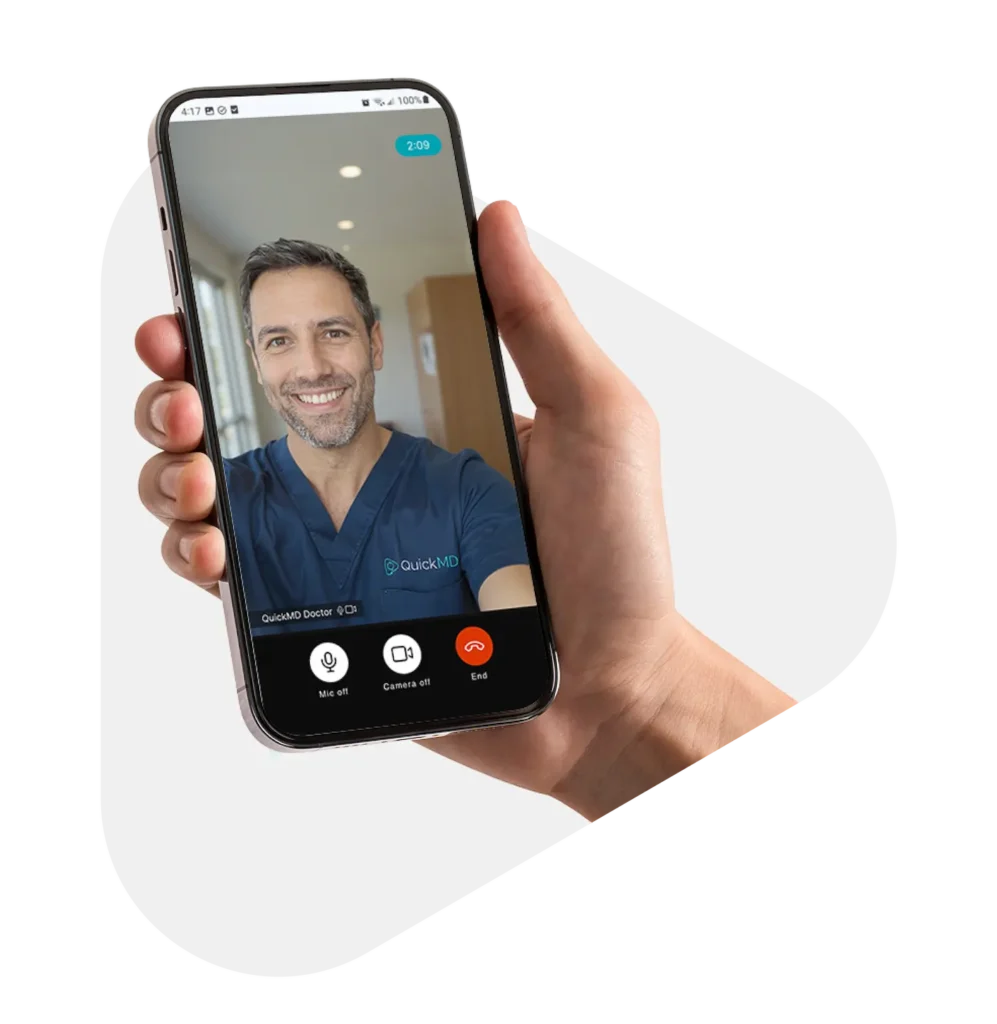Medication-Assisted Treatment in North Carolina
QuickMD offers private, judgment-free addiction treatment online in North Carolina for substance use disorders, including treatment with Suboxone®.
Book now

Manage opioid cravings and withdrawal with Suboxone® treatment
Learn about treatment
Why choose QuickMD for addiction treatment in North Carolina?
Getting care at QuickMD is simple, secure, and accessible. We eliminate the hassle of waiting rooms and insurance. Here’s why thousands of patients trust us for quick, compassionate care:
Same-day
appointments
No insurance
required
Licensed &
certified providers
100% online
appointments
Over 100K+
patients served
Nomemberships
Start treatment with Suboxone® today
At QuickMD, getting your Suboxone® prescription is simple. Schedule a quick phone or video appointment with a licensed provider and we’ll send your prescription directly to your pharmacy.
Why virtual addiction treatment matters in North Carolina
In North Carolina, many people living with opioid use disorder face real obstacles to getting care. From the Appalachian Mountains to the coastal plains, long distances, lack of transportation, and provider shortages often mean that treatment simply isn’t within reach.
The state’s overdose crisis is a painful reminder of what’s at stake. Between 2000 and 2023, over 41,500 people lost their lives to drug overdoses. In 2023 alone, an average of 12 residents died each day from an overdose, as reported by the North Carolina Overdose Epidemic Data.
Virtual Medication-Assisted Treatment in North Carolina changes what’s possible. It brings providers and support right to your home, on your schedule, without the extra stress of travel or long waits. It’s about making treatment reachable and approachable, no matter where you live or what your day looks like.
How access to addiction treatment is improving in North Carolina
STOP Act
Passed in 2017, the STOP Act, or the Strengthen Opioid Misuse Prevention Act, was one of North Carolina’s first major steps to address opioid addiction. It limits first-time opioid prescriptions for acute pain to five days, and it requires providers to use the state’s prescription monitoring system. The goal was to reduce overprescribing and catch warning signs early.
Opioid and Substance Use Action Plan (OSUAP) 3.0
North Carolina’s latest statewide Opioid and Substance Use Action Plan 3.0 focuses on three things: preventing overdoses, improving access to treatment, and offering strong recovery support. It prioritizes care for people involved in the justice system and includes access to housing, employment services, and mental health care, all things that help people recover and stay well.
Expanding Treatment Access
House Bill 824, introduced in 2025, updates insurance coverage rules to make addiction and overdose treatments more affordable. It helps ensure that pharmacies and pharmacists are reimbursed fairly, so patients can get the medications they need without barriers.
Updating Opioid Abatement Treatment Program Rules
House Bill 681, also introduced in 2025, makes technical updates to improve how opioid treatment programs are run. These changes aim to help treatment providers deliver better care and help more people by streamlining outdated policies and strengthening oversight.
How QuickMD’s MAT helps North Carolina residents
Struggling with opioid use isn’t about weakness. It’s about brain chemistry, physical dependence, and the way addiction rewires how you think, feel, and cope. That’s why recovery often needs more than just willpower.
Through QuickMD, North Carolina residents can start or continue Medication-Assisted Treatment (MAT) from the comfort of home. We take the time to understand your situation, not just your symptoms, and work with you to create a treatment plan that feels realistic and empowering.
Our licensed providers may use FDA-approved medications like Suboxone® to help reduce cravings, ease withdrawal, and restore balance in your brain. Our visits are confidential, judgment-free, and built around your life.
Tips for managing addiction treatment
1. Be proactive with appointments
Staying on top of your appointments can feel overwhelming sometimes, but keeping things organized helps you stay in control and makes the whole process easier.
2. Look for meaning beyond recovery
Recovery is more than just avoiding substances. It’s about building a life that feels worth living. Whether it’s through work, creativity, spirituality, or volunteering, finding purpose outside of treatment helps you stay grounded.
3. Prepare for hard days
There will be moments when withdrawal symptoms or cravings hit, or stress feels overwhelming. Having a plan for those times can make a big difference. Know who you can call or text, what activities help you calm down, and remind yourself why you started this journey in the first place.
4. Ask for what you need
You don’t have to do this alone. Whether it’s asking a friend to check in on you, talking to your employer about flexible hours, or letting your provider know how they can best support you, speaking up for your needs is a powerful step toward staying well and feeling supported.
5. Make recovery visible
Keep your goals in sight. A note on your mirror, a quote on your phone lock screen, or a photo on your dashboard can remind you what you’re working toward. These small visual cues can help keep you motivated when things feel hard.
We also offer these services in North Carolina
At QuickMD, we’re committed to bringing convenient, affordable, and compassionate virtual care to patients across North Carolina. In addition to addiction treatment, we proudly offer:
- Medical Weight Loss
- Urgent Care Services
- Virtual Counseling Sessions

Medical Weight Loss
Our online weight loss treatment helps you explore options like Ozempic® and Mounjaro® with licensed providers, offering support tailored to your health goals.

Urgent Care Services
Get quick, compassionate care for common illnesses online, 7 days a week. Anytime, anywhere.

Virtual Counseling Sessions
Talk to licensed providers to support your mental well-being on your terms, when and where you need it.

Medical Weight Loss
Our online weight loss treatment helps you explore options like Ozempic® and Mounjaro® with licensed providers, offering support tailored to your health goals.

Urgent Care Services
Get quick, compassionate care for common illnesses online, 7 days a week. Anytime, anywhere.

Virtual Counseling Sessions
Get quick, compassionate care for common illnesses online, 7 days a week. Anytime, anywhere.
Start treatment with Suboxone® today
At QuickMD, getting your Suboxone® prescription is simple. Schedule a quick phone or video appointment with a licensed provider and we’ll send your prescription directly to your pharmacy.
Frequently asked questions about MAT in North Carolina
Does NC Medicaid cover methadone?
Yes, North Carolina Medicaid covers methadone maintenance therapy when provided through MAT programs certified by the state. Coverage includes both the medication and related services like counseling or behavioral therapies.
How much is rehab in North Carolina?
Costs vary widely. According to the National Center for Drug Abuse Statistics, residential rehab in North Carolina averages around $56,700 per person. However, costs may be significantly reduced or fully covered with Medicaid or private insurance.
What is the opioid law in NC?
North Carolina has passed several laws to combat opioid dependence and improve treatment options. One significant law is the STOP Act, which regulates opioid prescribing practices, requiring MAT providers to check the Controlled Substances Reporting System and limiting initial opioid prescriptions to five days for acute pain and seven days for post-surgical pain. The law aims to prevent misuse and promote safer prescribing in an effort to reduce opioid dependence and overdose deaths.



